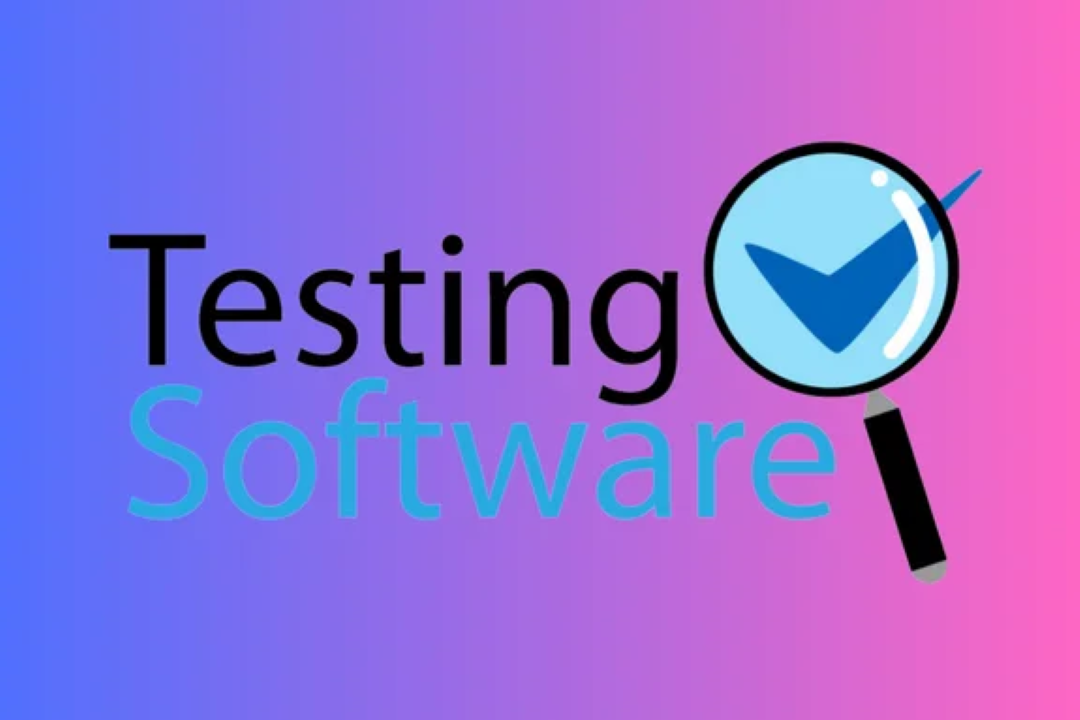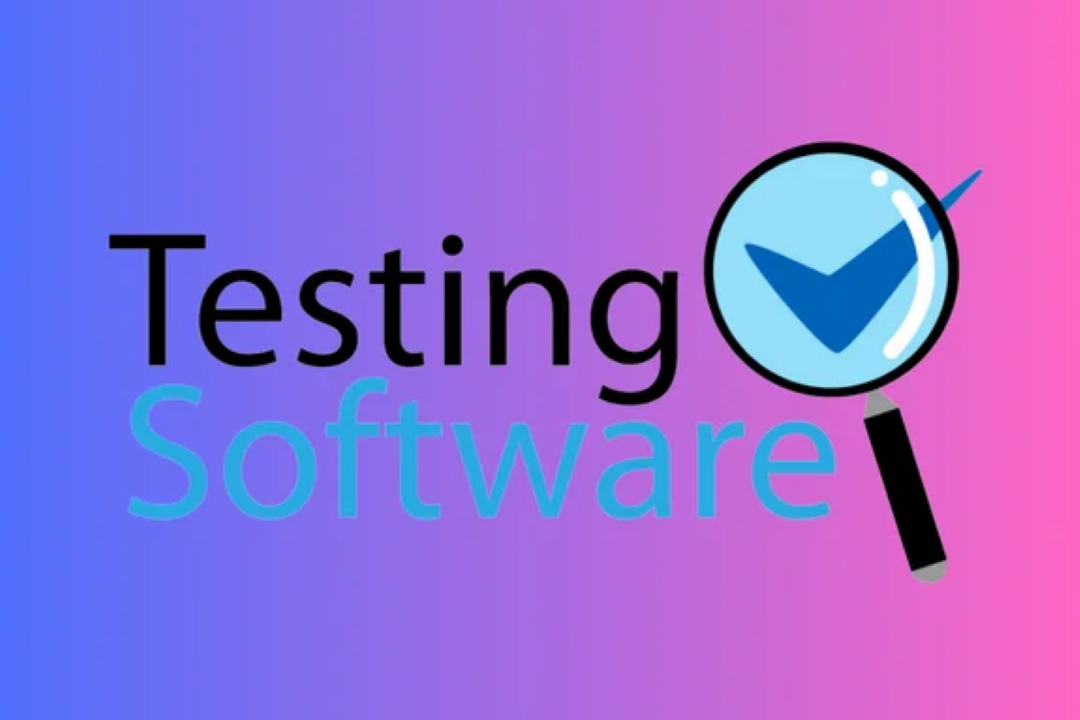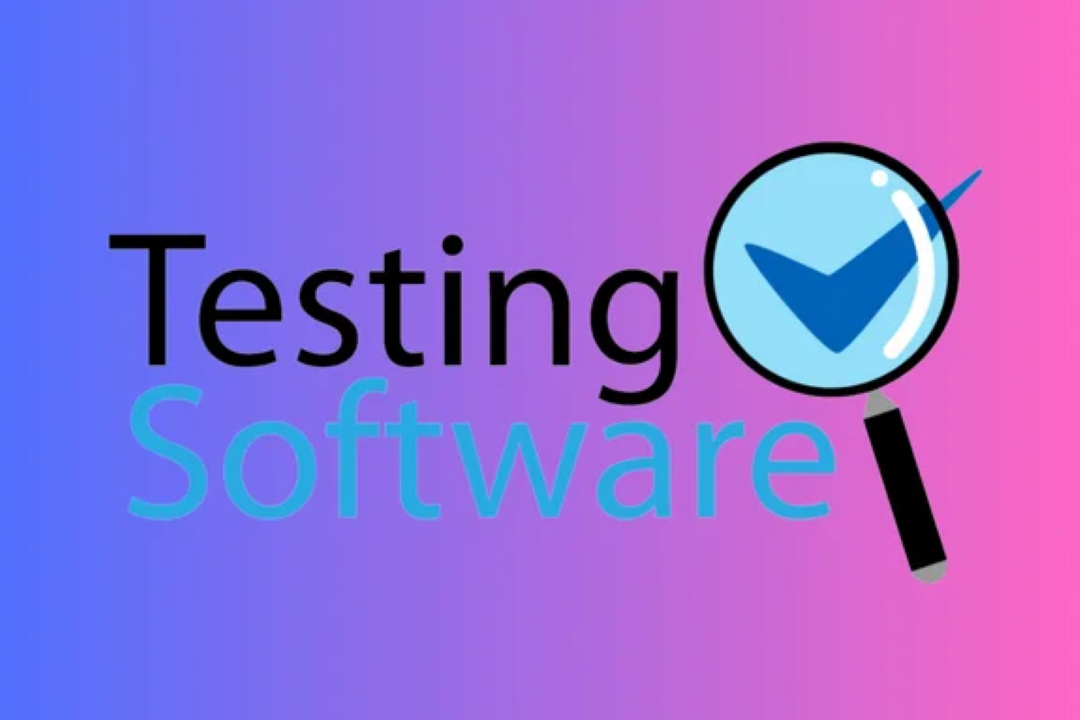selenium edX course
The Selenium Automation Testing course on edX is a comprehensive program aimed at teaching participa
selenium edX course
The Selenium Automation Testing course on edX is an invaluable resource for professionals seeking to enhance their skills in automated testing of web applications. It equips learners with the necessary tools and techniques to efficiently identify software defects and ensure high-quality products. By covering essential topics such as test script creation, environment setup, and practical testing strategies, this course prepares participants for real-world challenges in software development. The hands-on projects provide practical experience, making it an essential addition for anyone looking to advance their career in software testing and quality assurance.
To Download Our Brochure: https://www.justacademy.co/download-brochure-for-free
Message us for more information: +91 9987184296
The Selenium Automation Testing course on edX is an invaluable resource for professionals seeking to enhance their skills in automated testing of web applications. It equips learners with the necessary tools and techniques to efficiently identify software defects and ensure high quality products. By covering essential topics such as test script creation, environment setup, and practical testing strategies, this course prepares participants for real world challenges in software development. The hands on projects provide practical experience, making it an essential addition for anyone looking to advance their career in software testing and quality assurance.
Course Overview
The Selenium Automation Testing course on edX offers a comprehensive introduction to automated testing for web applications using Selenium, one of the most popular testing frameworks. Participants will explore the fundamentals of test automation, including setting up the testing environment, writing effective test scripts in multiple programming languages, and implementing best practices for test case design. The course emphasizes hands-on learning through real-time projects that simulate practical challenges faced in the industry, enabling learners to build confidence and proficiency in automation testing. Ideal for aspiring testers and developers, this course empowers individuals to deliver high-quality software with efficiency and accuracy.
Course Description
The Selenium edX course provides a thorough grounding in automated testing for web applications using the Selenium framework. Participants will learn to set up their testing environment, write and execute test scripts in various programming languages, and apply best practices for effective test case design. With a focus on hands-on experience, the course includes real-time projects that mirror industry challenges, ensuring learners gain practical skills that enhance their proficiency in software testing. Ideal for aspiring software testers and developers, this course equips individuals with the tools necessary to ensure high-quality and efficient software delivery.
Key Features
1 - Comprehensive Tool Coverage: Provides hands-on training with a range of industry-standard testing tools, including Selenium, JIRA, LoadRunner, and TestRail.
2) Practical Exercises: Features real-world exercises and case studies to apply tools in various testing scenarios.
3) Interactive Learning: Includes interactive sessions with industry experts for personalized feedback and guidance.
4) Detailed Tutorials: Offers extensive tutorials and documentation on tool functionalities and best practices.
5) Advanced Techniques: Covers both fundamental and advanced techniques for using testing tools effectively.
6) Data Visualization: Integrates tools for visualizing test metrics and results, enhancing data interpretation and decision-making.
7) Tool Integration: Teaches how to integrate testing tools into the software development lifecycle for streamlined workflows.
8) Project-Based Learning: Focuses on project-based learning to build practical skills and create a portfolio of completed tasks.
9) Career Support: Provides resources and support for applying learned skills to real-world job scenarios, including resume building and interview preparation.
10) Up-to-Date Content: Ensures that course materials reflect the latest industry standards and tool updates.
Benefits of taking our course
Functional Tools
1 - Selenium WebDriver
Selenium WebDriver serves as the primary tool for automating web applications. It provides a programming interface to create and execute tests across various browsers like Chrome, Firefox, and Safari. Students will learn to write scripts in programming languages such as Java, Python, and C#. Understanding how to leverage WebDriver allows for precise control over browser actions, mimicking user interactions while offering features to manage browser windows, make assertions, and handle dynamic content.
2) Selenium IDE
Selenium IDE is a browser extension that enables quick test script creation through a user friendly interface. This tool is particularly beneficial for beginners, as it allows recording and playback of user interactions without prior coding knowledge. Students will explore how to use the IDE to develop basic automated tests rapidly and export them to various programming languages for further refinement and execution.
3) TestNG
TestNG is a testing framework that enhances the capabilities of Selenium by providing advanced testing features. It supports test configuration, parallel execution, and various reporting options. The course covers how to implement TestNG to organize test cases efficiently and manage dependencies between them. Understanding TestNG allows students to create robust test suites and enhances their overall testing strategy.
4) Maven
Maven is a build automation tool that simplifies the management of project dependencies. In the Selenium course, students learn how to use Maven to handle library dependencies, manage project builds, and streamline test execution. By integrating Maven with their Selenium projects, students can automate the build process, ensuring that all necessary components are up to date and properly configured, making it an essential part of a developer’s toolkit.
5) Git and GitHub
Version control is crucial in software development and testing. The course emphasizes the use of Git for version control and GitHub for collaboration among team members. Students will learn how to manage their test scripts using repositories, track changes, and collaborate effectively on projects. Understanding Git and GitHub is vital for maintaining code integrity and enables easier collaboration in team environments.
6) Allure Reports
Allure is a powerful reporting tool that generates visually appealing and comprehensive reports for test results. The course introduces students to integrating Allure with their Selenium framework to enhance reporting capabilities. By using Allure, students will learn to present test outcomes in a manner that clearly communicates successes and failures, assisting teams in understanding testing metrics and improving software quality effectively.
7) Page Object Model (POM)
Page Object Model (POM) is a design pattern that enhances the maintainability and scalability of test automation frameworks. This approach involves creating page objects that represent web pages, encapsulating the interactions with the UI elements of these pages. In the course, students will learn how to implement POM to structure their test code, making it easier to manage, read, and reuse. POM significantly reduces code duplication while allowing updates to be made in one location, leading to faster testing cycles.
8) Handling Dynamic Elements
Modern web applications often contain dynamic elements that change based on user interactions or data updates. This aspect of the course teaches students how to identify and manage these dynamic elements using various strategies, such as explicit waits, implicit waits, and fluent waits. Mastery in handling dynamic content ensures that automated tests are robust and less prone to failure, facilitating smoother test execution.
9) Cross Browser Testing
With numerous browsers and their varying versions, cross browser testing is essential to ensure consistent user experience. The course also covers strategies for using Selenium Grid to run tests across multiple browsers and platforms simultaneously. Students will grasp the nuances of different browsers and learn how to configure tests effectively to achieve maximum coverage and reliability of their automated solutions.
10) API Testing with Postman
As part of a comprehensive testing strategy, it's crucial to understand API behavior alongside UI testing. The course introduces students to API testing using Postman, a widely used tool for testing RESTful APIs. Students will learn how to create API test cases, validate response data, and integrate API tests with their Selenium test suites, ensuring end to end testing coverage of their applications.
11 - Continuous Integration/Continuous Deployment (CI/CD)
To enhance the efficiency of software development and testing processes, the incorporation of CI/CD practices is vital. The course will cover how to integrate Selenium tests into CI/CD pipelines using tools like Jenkins or GitLab CI. Students will understand how to automate the execution of tests on every code change, ensuring immediate feedback and quicker release cycles, ultimately boosting productivity and software quality.
12) Mobile Testing with Appium
As mobile applications gain popularity, the need for automated testing in this domain becomes crucial. The course will introduce Appium, an open source tool for automating native and hybrid mobile applications. Students will learn how to set up Appium, write mobile tests, and execute them on real devices or emulators, broadening their testing skill set to include mobile platforms.
13) Performance Testing Basics
Understanding performance is key to delivering quality software. The course will touch on the importance of performance testing and how it differs from functional testing. Students will be introduced to tools like JMeter or Gatling and learn how to create basic performance tests that can run alongside their automation tests, ensuring not only functionality but also the performance of applications under load.
14) Testing Frameworks Comparison
The landscape of testing frameworks is vast. Students will gain insights by comparing different testing frameworks available for Selenium, such as JUnit, NUnit, and Cypress. This comparative analysis will help them select the most suitable tools for their specific project requirements, thereby enhancing their flexibility and adaptability in different testing environments.
15) Best Practices for Test Automation
In the concluding segments of the course, students will explore best practices in test automation to maximize efficiency and effectiveness. This includes topics like maintaining test scripts, strategies for writing clear and concise test cases, and optimizing test execution time. Emphasizing best practices ensures that students can apply their knowledge in real world scenarios effectively, leading to high quality software delivery.
Browse our course links : https://www.justacademy.co/all-courses
To Join our FREE DEMO Session:
This information is sourced from JustAcademy
Contact Info:
Roshan Chaturvedi
Message us on Whatsapp: +91 9987184296
Email id: info@justacademy.co
Best Selenium Training Institute In Bangalore












